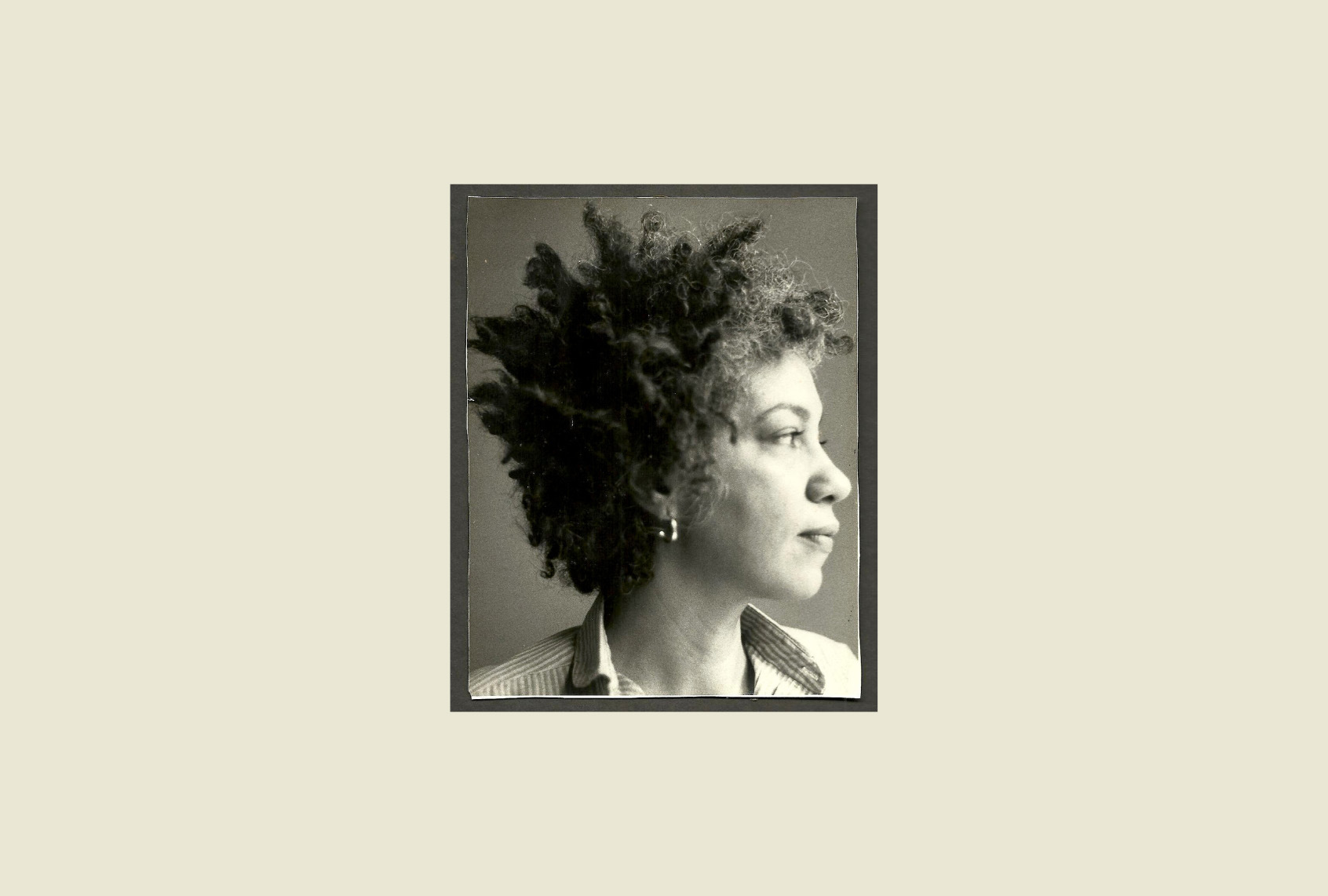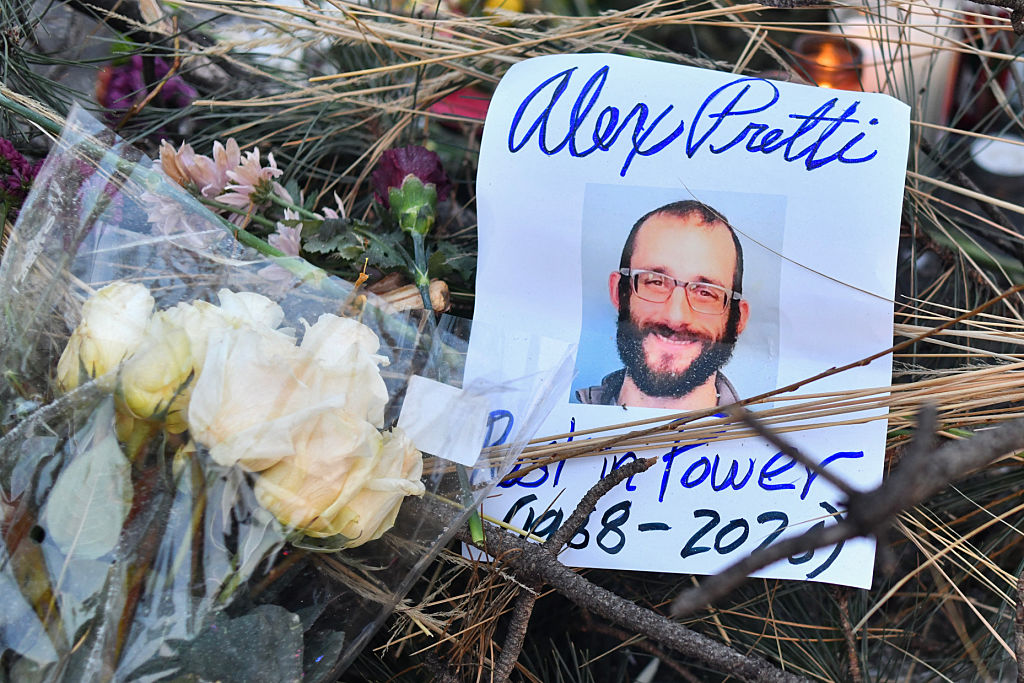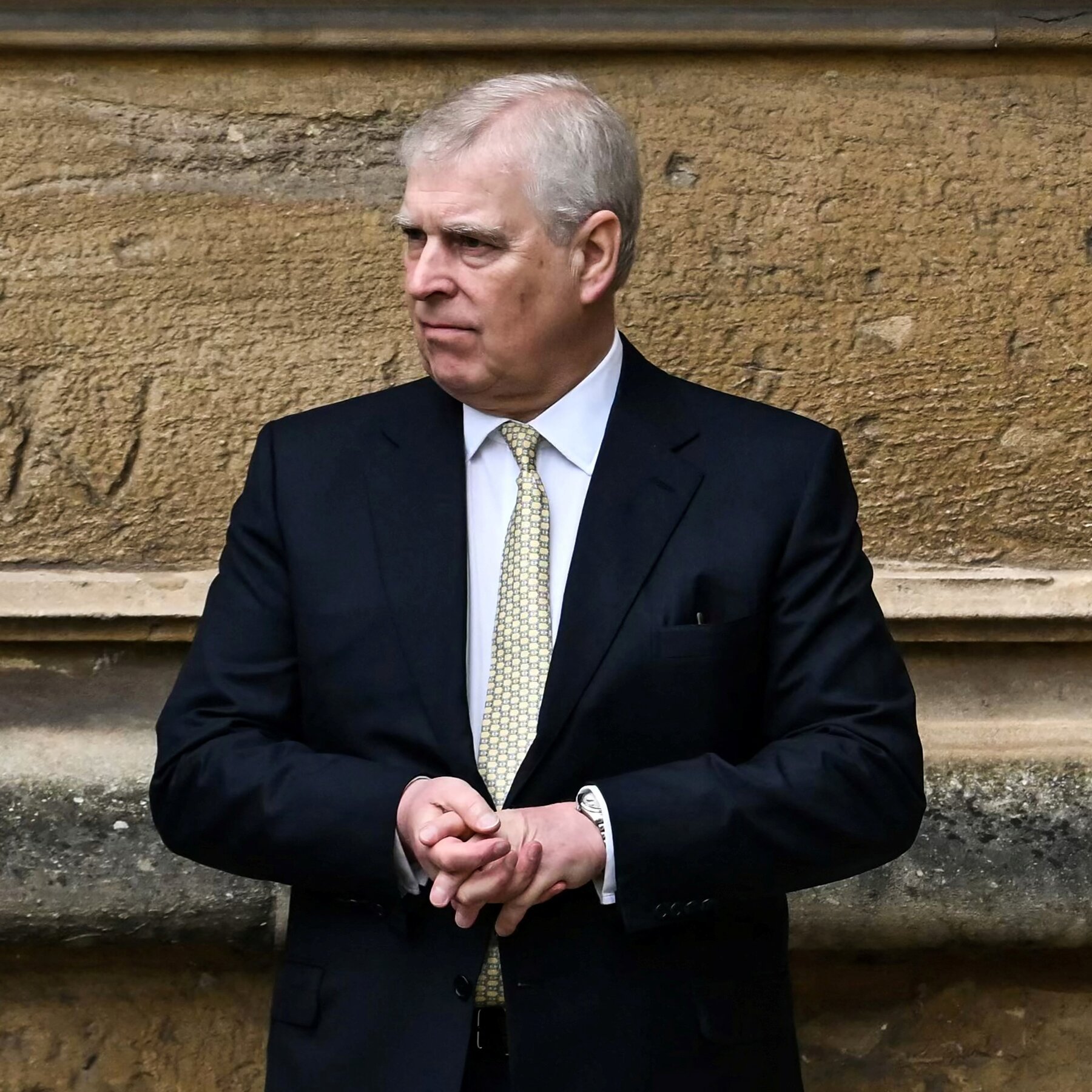A new anthology titled “This Unruly Witness: June Jordan’s Legacy” brings to light the profound impact of the late poet, essayist, and activist June Jordan. Set to be published on November 11, 2025, the collection, edited by Lauren Muller, Becky Thompson, Dominique C. Hill, and Durrell M. Callier, features contributions from notable figures such as Angela Davis and Naomi Shihab Nye. The anthology serves as a testament to Jordan’s enduring influence on poetry and activism, providing readers with insights into her commitment to social justice and human rights.
Jordan, who passed away in 2002, is celebrated for her ability to articulate the complexities of the human experience. Her work transcends mere observation; it acts as a catalyst for social change and a voice for the marginalized. The anthology reflects on her legacy through a series of essays and narratives, inviting readers to engage with Jordan’s philosophy and the societal issues she addressed.
In the introduction, the editors emphasize how Jordan’s poetry intertwines political struggles with an ethic of love. Elizabeth Alexander, a contributor, notes that Jordan “was a prolific poet whose lyrical voice linked political struggle with an ethic of love.” This perspective underscores Jordan’s understanding of the dangerous implications of state-sanctioned identities, particularly in the context of race and oppression.
The anthology’s structure is divided into three sections, each exploring different facets of Jordan’s work and influence. The first section reflects on her fearless approach to addressing global issues, including her focus on Nicaragua, Lebanon, and Palestine. Jordan’s poetry often served as a means to educate and empower, challenging readers to confront uncomfortable truths about society.
One of the standout essays is by Maria Poblet, who recalls a conversation with Jordan regarding accessibility in poetry. Jordan’s assertion that education should not be compromised for simplicity resonates powerfully in today’s context. Poblet reflects on how Jordan’s teachings continue to inspire a critical consciousness among her former students.
Another significant contribution comes from E. Ethelbert Miller, a friend of Jordan’s who categorizes her work into segments such as Black studies, international affairs, and personal struggles with cancer. Miller’s intimate insights provide readers with a deeper understanding of how Jordan’s poetry intersects with broader geopolitical issues. He highlights poignant lines, such as:
“I was born a black woman
And now
I am become a Palestine
Against the relentless laughter of evil”
The anthology also features reflections from students of Jordan’s renowned course “Poetry for the People” at the University of California, Berkeley. In her essay, Sriram Shamasunder shares how Jordan’s class helped shape her identity as a writer. She recounts the challenges Jordan faced from students critical of her stance on Palestinian rights, emphasizing the depth of Jordan’s commitment to justice and the sacrifices she made for her beliefs.
In the final section of the anthology, a conversation among Angela Y. Davis, Prathiba Parma, and Leigh Raiford further contextualizes Jordan’s radical commitments. Raiford articulates the opportunity to explore the expansiveness of Jordan’s vision for liberation, illustrating the profound love and admiration that permeates the book.
As the world grapples with pressing issues of injustice and inequality, “This Unruly Witness: June Jordan’s Legacy” serves as a powerful reminder of the role of poetry in advocating for change. Jordan’s unwavering dedication to humanity and her willingness to confront societal norms make this anthology a valuable resource for those seeking to embrace morality and social responsibility.
Readers are left to ponder the impact of Jordan’s work and what it means to engage with the world as a poet and activist. The anthology not only honors her legacy but also inspires a renewed commitment to the principles she championed throughout her life. In a time that calls for more compassion and understanding, Jordan’s voice remains a guiding light for writers, thinkers, and advocates of justice everywhere.







